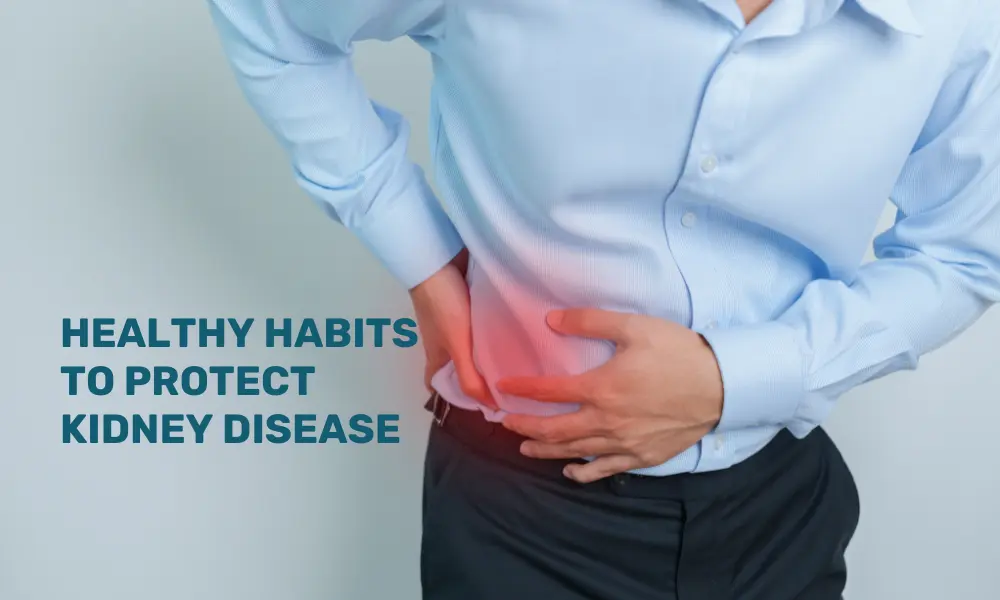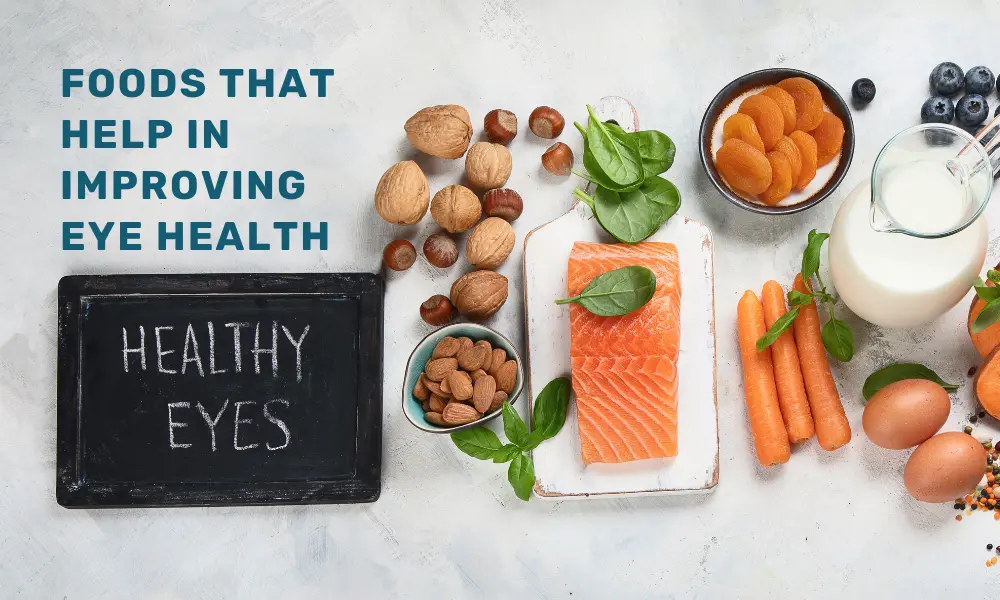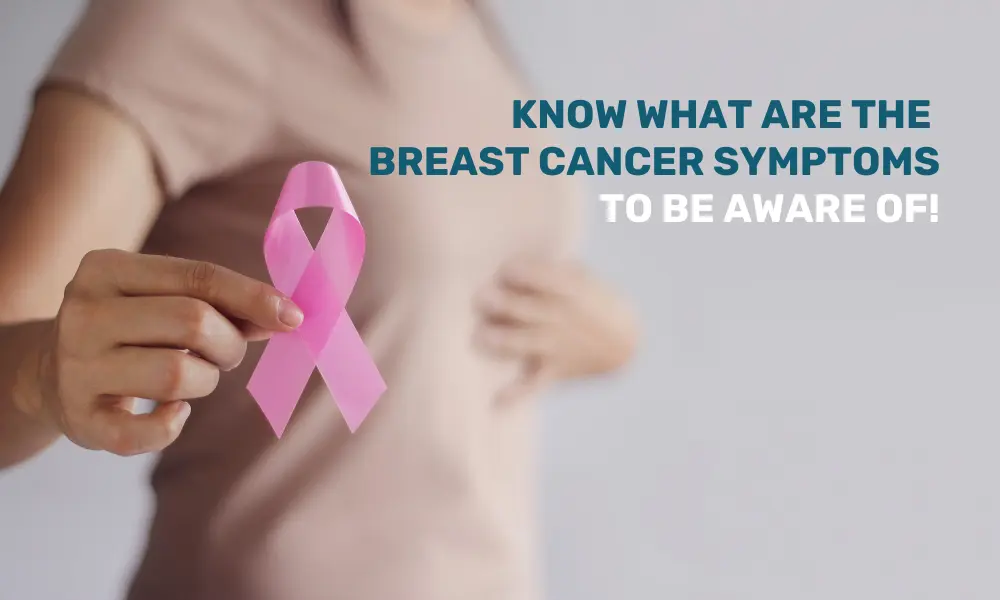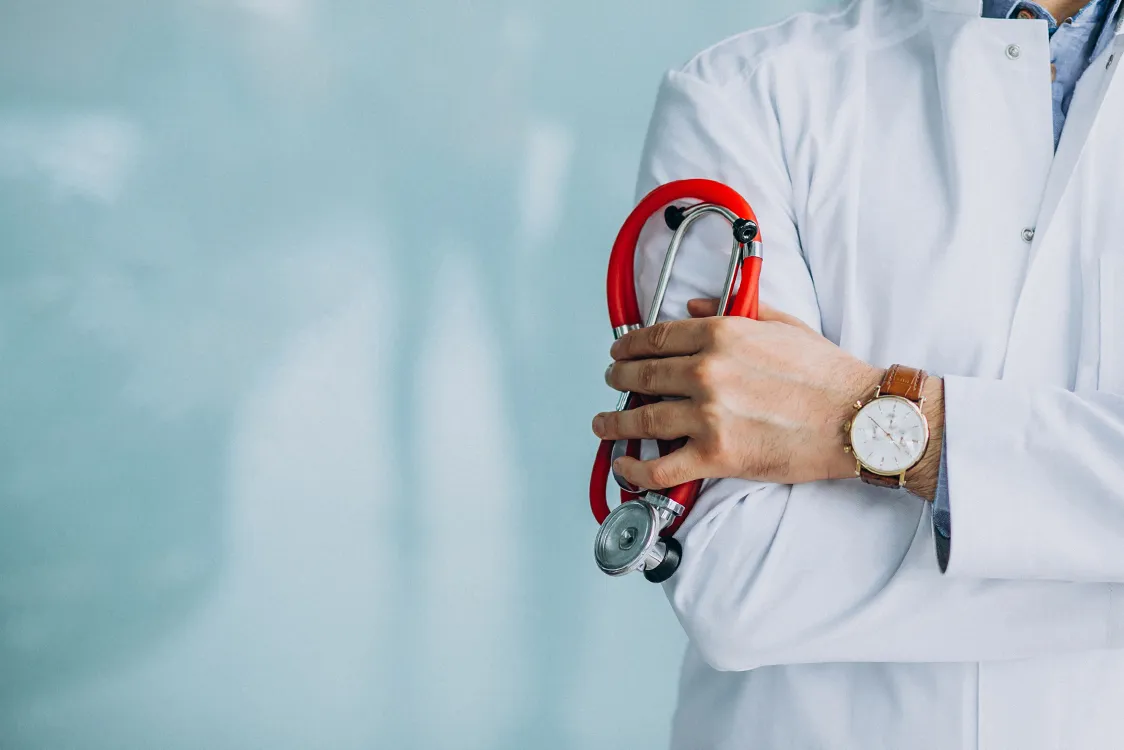Our kidneys work behind the scenes, maintaining our body’s balance, but they tend to go unnoticed until something goes wrong. During our 20s, it is easy to underestimate their significance, but establishing healthy habits in early life can help avoid complications later. Healthy kidney filters waste, manages fluids, and governs blood pressure, so it is crucial to overall well-being throughout life.
Why is Kidney Health important?
Most kidney diseases occur silently over the years, when the symptoms arise, much damage is already done. Kidney disease tends to go undiagnosed until it progresses to an advance stage. Hence, timely identification and prevention becomes paramount. Further, the health of other vital organs, especially the heart and lungs, is indirectly related to healthy kidneys.
If our kidneys are impaired, it may result in high blood pressure, swelling, weakness, and life-threatening conditions. Proper maintenance of our kidneys at an early age ensures that they perform well for years to come. Healthy kidneys support a healthy immune system, balance electrolytes, and filter out toxins from your body. Therefore, it is important to take care of our kidney.
Lifestyle behaviors that damage Kidneys:
-
High sodium intake, or too much salt, increases blood pressure and places stress on your kidneys. Processed foods, fast foods, and too much salt in food lead to this issue.
-
Taking painkillers too often can damage kidney function if taken too often.
-
Not drinking enough water, dehydration makes it more difficult for your kidneys to filter waste efficiently and raises the risk of kidney stones and infection.
-
Physical inactivity is a cause of diabetes, obesity, and high blood pressure, which subsequently affects kidney function.
-
Not treating high blood pressure and diabetes are the top reasons for kidney disease. Monitoring early can help avoid complications.
-
Smoking and alcohol drinking both harm kidney tissues and impair their function to filter out toxins effectively.
-
While protein is important, too much protein intake, particularly from red meat, puts a strain on the kidneys and causes long-term damage.
Healthy Habits to Protect Kidneys
-
To maintain the health of your kidneys, begin by hydrating yourself. 2 to 3 liters of water consumption per day aids in their functionality.
-
Follow a balanced diet high in fruits and vegetables, whole grains, and lean protein, and reduce salt intake and processed food.
-
As per experts, regular exercise for at least 30 minutes five times a week keeps the weight in check and decreases kidney disease risk. Yoga is one of the best exercises for keeping your kidneys fit and active.
-
Don’t smoke and drink alcohol too much, as they adversely affect kidney function. Stop and make others stop.
-
Go for regular health check-ups, as basic blood and urine tests can identify kidney disorders at an early stage.
-
Avoid unnecessary medicines, particularly painkillers and supplements.
Since a healthy kidney can lay a strong foundation for a healthy life, it is vital for individuals to avoid habits that may damage kidney health and adopt a healthy lifestyle. To consult a specialist, click here.
FAQ on Kidney Health
Can kidney health be improved?
Yes, kidney health can be improved, especially when detected early. While kidney failure is irreversible, lifestyle changes and medical interventions can slow down the progression of kidney disease and preserve kidney function.
How can I make my kidneys healthy?
To maintain healthy kidneys, focus on a combination of lifestyle adjustments and proactive medical care.
How to avoid kidney disease?
To avoid kidney disease, focus on maintaining healthy habits like a balanced diet, regular exercise, managing blood pressure and diabetes, and avoiding smoking and excessive alcohol.
Are bananas good for the kidneys?
Bananas can be part of a healthy kidney-friendly diet for many people, but some with kidney disease, especially those with advanced CKD or on dialysis, may need to limit their intake due to their high potassium content.
This article is meant for informational purposes only and must not be considered a substitute for professional advice.





